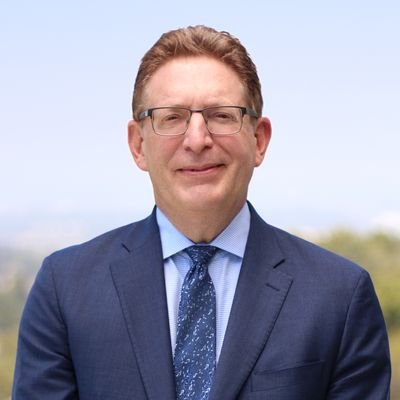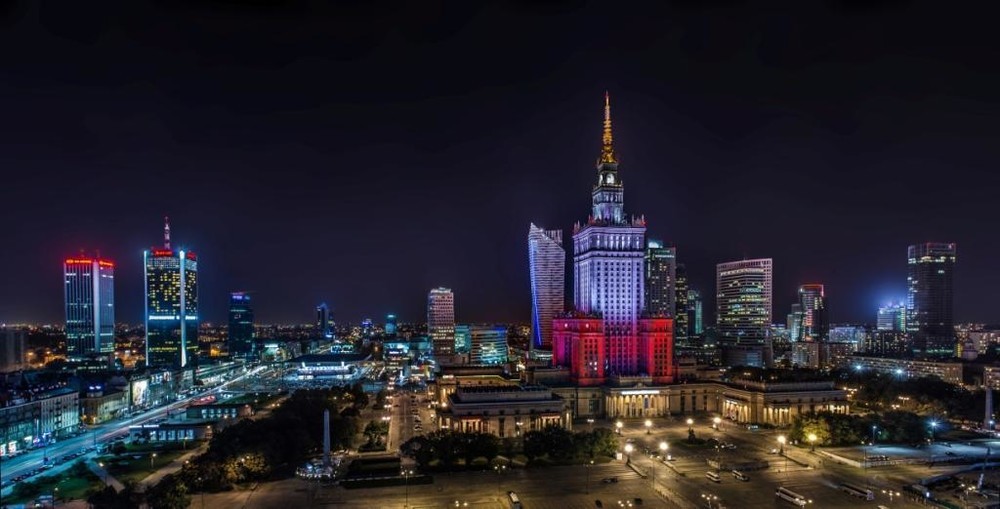News
Why Kinshasa is unable to stop the downward spiral in the Congo crisis
The West can also acknowledge the realities of Congo by dealing with those who exercise actual control on the ground rather than pretending that Kinshasa is running the country.

Former President and CEO of the NEWSEUM, USA

Former Director, The Brenthurst Foundation

Nine years ago we wrote an article in Foreign Policy magazine under the headline There Is No Congo, that the only way to help the about 78-million people in what is formally the Democratic Republic of the Congo (DRC) was "to stop pretending it exists".
Since it was impossible for leaders in the capital Kinshasa to exercise authority over this vast central African country, "all of the peacekeeping missions, special envoys, interagency processes and diplomatic initiatives that are predicated on the Congo myth — the notion that one sovereign power is present in this vast country — are doomed to fail".
Unfortunately, we were correct. The reasons for continual state failure in the DRC are, as always, complex and changing, but at the heart is the failure of the state to exercise authority over a country that encompasses most of Central Africa. To take only one telling indicator, Congo is four times the size of France but has fewer paved roads than Luxembourg.
The result has been an ever-changing cascade of dysfunction, where leaders in Kinshasa strive to eat from the state while citizens in the vast hinterlands look to militias to protect themselves given that the government is either unable to provide security or is itself a threat. President Joseph Kabila simply refused to leave power when his term expired in December 2016 and is now in the seventh year of his five-year term.
Conflicts between government-sponsored and independent militias in the western province of Kasai have led to children being hacked apart by machetes and police decapitated. Due to the government’s inability to govern the east, about 1,300km from the capital, there are 70 armed groups in that region alone. Ten of Congo’s 26 provinces are experiencing armed conflict; this despite the country having the world’s largest UN peacekeeping force.
The DRC now appears to be entering one of the periodic downward spirals where conflict increases as individuals and groups strive to protect and enrich themselves in an anarchic environment. According to the UN, 4.5-million Congolese may have fled their homes and another 2.4-million may leave in 2018.
This is more people than has been displaced in Syria or Iraq. The UN has warned that more than 13-million Congolese are in need of food aid and protection.
The international response to the current manifestation of the crisis is to continue pretending that the DRC has a state that can somehow be put back together.
Remarkably, earlier in April donors tried to organise a conference in Geneva to mobilise $2.2bn in aid for the DRC, despite the fact that the government boycotted the event, saying the crisis had been exaggerated.
The delegations pledged $528m, the UN’s humanitarian chief Mark Lowcock noting they never expected to raise the full amount at one conference.
Yet one of the key drivers behind the need for such outside aid is the actions of the government. Whether the Kabila government eventually attends or not, the donors will once again have been played into supporting a status quo that has never worked. The definition of insanity is said to be trying the same thing over and over again expecting that things will change.
The global community has tried subsidising elections, peacekeepers, special envoys, begging the Congolese government to accept aid, numerous attempts at improving governance and new initiatives to keep the government from killing its own people, all to no avail.
The real solution begins with the simple acknowledgement that the state is the problem and that all real solutions must take account of the real sources of political dysfunction. That alone would be a dramatic departure from the status quo and begin to break the intellectual logjam that always assumes the Congolese state must continue. It will also be important to encourage the Congolese to think about new solutions to their political problems and to provide aid and sanctuary to those willing to develop new ideas.
The West can also acknowledge the realities of Congo by dealing with those who exercise actual control on the ground rather than pretending that Kinshasa is running the country.
Everywhere else in the world, disrupters of the status quo are celebrated. However, when it comes to state design in places that have no history of good governance, African leaders who have a vested interest in the status quo and outsiders who care only enough to provide salves to the periodic humanitarian crises, do not want to encourage new thinking. Congo may soon get so bad that the world’s attention will briefly be attracted.
It is now time to do something different.
This article was originally published in Business Day.


